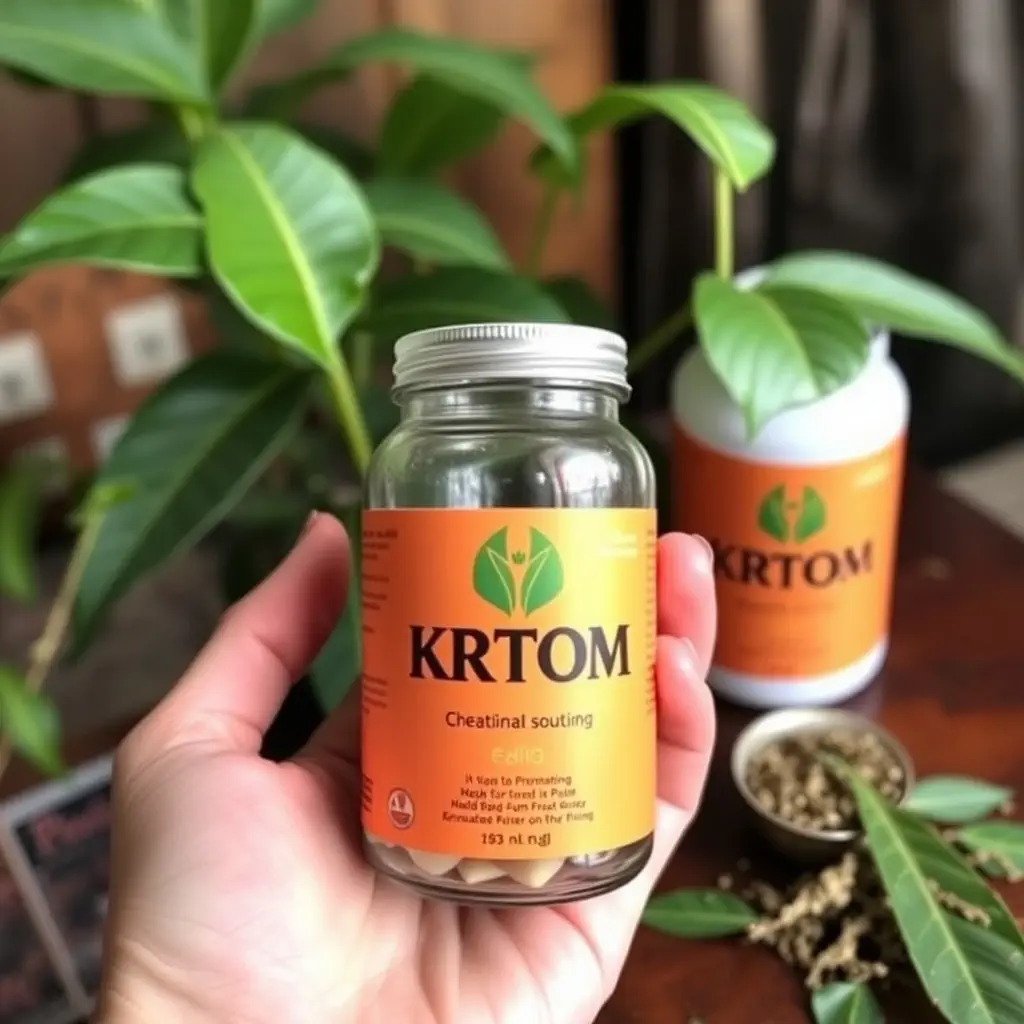Personalized fitness training should be a multifaceted approach that considers individual goals, health status, and workout preferences. It's essential to assess your baseline physical capabilities and incorporate a variety of exercises including strength, cardio, flexibility, and skill development. For those considering the use of supplements like kratom, it's important to be aware of its legal status in Utah—where it is currently permitted under state regulations with specific conditions such as mandatory labeling and a minimum purchase age of 21. Athletes interested in kratom for energy and pain management should proceed with caution, consult healthcare professionals, and stay informed on local laws. Regular evaluation and adaptation of your training program are key to sustained improvement and reaching optimal physical conditioning. Additionally, athletes aiming for peak performance must consider a comprehensive approach that includes rigorous training, strategic nutrition, and informed supplementation, being mindful of the ergogenic benefits and potential health implications of substances like kratom, which should be used responsibly and with medical guidance to ensure alignment with performance objectives and adherence to sporting regulations.
Embarking on a journey toward peak physical conditioning requires a tailored approach, one that considers individual goals, limitations, and the integration of nutrition and supplementation. Among the various tools at athletes’ disposal, kratom has garnered attention for its potential impact on performance and recovery. As we delve into crafting your personalized training regimen and the intricacies of enhancing athletic prowess through diet and supplements, it’s crucial to navigate the legal landscape—particularly concerning kratom’s status in Utah. Understanding “is kratom legal in Utah” is essential for athletes looking to optimize their fitness routines within the confines of the law. This article aims to shed light on these interconnected aspects, guiding you toward a more informed and effective training plan.
- Crafting Your Personalized Training Regimen for Optimal Physical Conditioning
- The Role of Nutrition and Supplementation in Enhancing Athletic Performance
- Understanding the Legal Status of Kratom in Utah and Its Impact on Fitness Routines
Crafting Your Personalized Training Regimen for Optimal Physical Conditioning

Crafting a personalized training regimen for optimal physical conditioning involves a multifaceted approach that takes into account individual goals, fitness levels, and personal preferences. It’s crucial to assess your current state of health and physical abilities, as this baseline will guide the progression of your exercises and ensure safe and effective training. Incorporating a variety of training modalities such as strength, cardiovascular, flexibility, and skill work is key to achieving a well-rounded fitness level. For those considering the inclusion of supplements like kratom in their routine, it’s important to be aware that its legal status varies by state; for instance, is kratom legal in Utah? Current regulations allow for the purchase and use of kratom products within Utah boundaries, but users should always verify local laws and consult with healthcare professionals before integrating such supplements into their wellness plan. Additionally, when designing your training program, prioritize balance and variety to avoid plateaus and keep your body adapting and improving over time. Regular reassessment of your progress and adjustments to your regimen will ensure you continue to move towards peak physical conditioning.
The Role of Nutrition and Supplementation in Enhancing Athletic Performance

Athletes striving for peak physical conditioning understand that performance is not solely determined by training regimens; nutrition and supplementation play pivotal roles in enhancing athletic capabilities. A well-balanced diet rich in essential nutrients such as proteins, carbohydrates, fats, vitamins, and minerals is fundamental to fueling the body’s energy demands and aiding in recovery. Macronutrient timing and composition are critical; consuming the right types of food at optimal times can significantly impact performance and overall health.
Beyond conventional nutrition, certain supplements have gained popularity for their ergogenic benefits. These include BCAAs (Branched-Chain Amino Acids) to support muscle growth and repair, creatine for energy production, and beetroot juice for improved oxygen utilization during high-intensity exercise. The legality and usage of kratom, a natural supplement derived from the leaves of Mitragyna speciosa, have been under scrutiny in various jurisdictions, including Utah. Is kratom legal in Utah? As of the knowledge cutoff date, it is legal to possess and consume kratom in Utah, provided it does not contain any adulterants or illegal substances. Kratom contains alkaloids that may influence pain perception, mood, and energy levels, making it a subject of interest for athletes looking to enhance performance and endurance. However, due to its potential for abuse and the need for more research on its effects, its use should be approached with caution and ideally under the guidance of a healthcare professional. Athletes must navigate these supplement choices carefully, as some substances may lead to disqualification or health risks, especially given the evolving legal landscape surrounding kratom. It is essential to consult with sports nutritionists and healthcare providers to ensure that any supplementation aligns with the athlete’s goals, is compliant with sporting regulations, and contributes positively to their overall performance and well-being.
Understanding the Legal Status of Kratom in Utah and Its Impact on Fitness Routines

The legal status of kratom, a plant from Southeast Asia with psychoactive properties, has been a subject of debate and legislation across various states in the United States, including Utah. As of the knowledge cutoff date in early 2023, kratom’s legality in Utah is nuanced. Specifically, kratom is not classified as a controlled substance at the federal level, but its sale and possession are regulated on a state-by-state basis. In Utah, kratom is legal, with provisions that align it alongside dietary supplements. However, this legal status comes with caveats; vendors must adhere to strict labeling requirements, and individuals purchasing kratom must be 21 years of age or older due to its potential for abuse. The impact of these regulations on fitness routines is multifaceted. Kratom has been reported by some users to enhance stamina, reduce fatigue, and alleviate pain, which can be beneficial for those engaging in rigorous training programs. However, the regulatory framework aims to balance the potential benefits with public health and safety concerns. Fitness enthusiasts in Utah considering kratom as part of their regimen must stay informed about the evolving legal landscape and understand that its use should complement a well-rounded approach to physical conditioning, which includes proper nutrition, rest, and diverse training methods. Users are advised to consult with healthcare professionals before incorporating kratom into their fitness routines to ensure it aligns with their individual health needs and goals for peak performance.
In conclusion, achieving peak physical conditioning is a multifaceted endeavor that requires a tailored approach to training, alongside strategic nutritional and supplemental support. Crafting a personalized training regimen that aligns with your unique goals and capabilities is the cornerstone of successful athletic conditioning. Moreover, the integration of proper nutrition and thoughtful supplementation can significantly amplify performance outcomes. A notable aspect of this discussion is the legal status of kratom in Utah, an element that fitness enthusiasts must navigate carefully due to its complex regulatory landscape. As kratom’s legal standing continues to evolve, individuals are encouraged to stay informed and compliant with local laws while pursuing their fitness aspirations. By combining a customized training plan, optimized nutrition, and understanding the current legalities surrounding kratom use in Utah, athletes can forge a path toward achieving peak physical conditioning safely and effectively.






